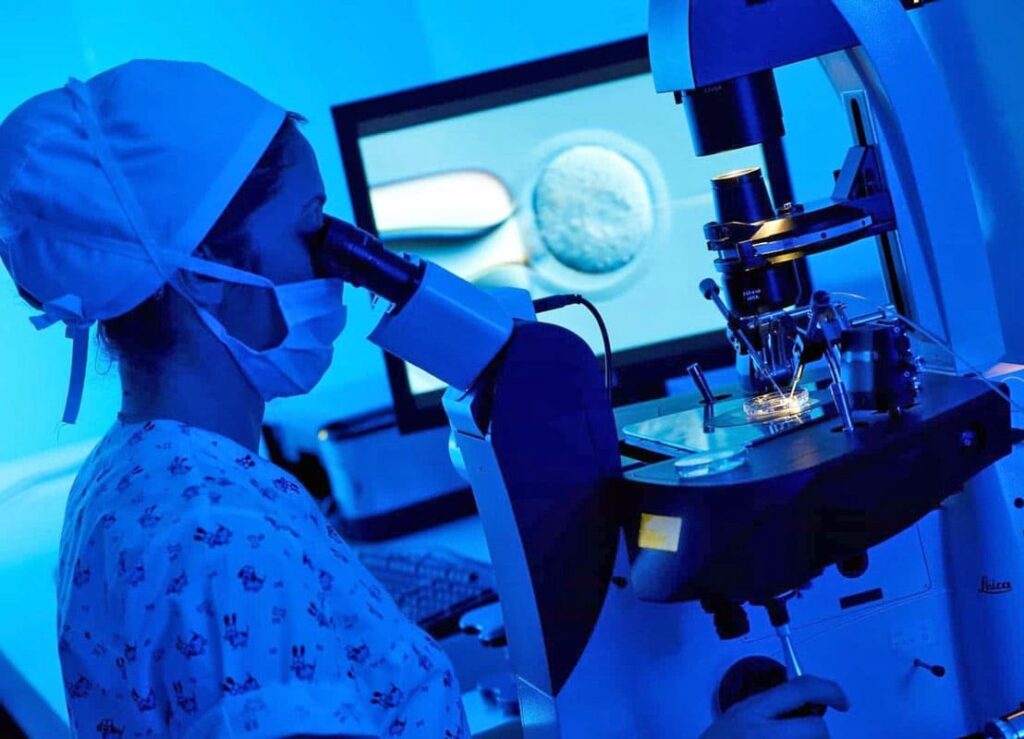Genetic Diagnosis
What is Genetics?
The science of genetics or heredity, which is a branch of biology, is a science that studies how the characteristics of living organisms pass from generation to generation. The science of genetics, which investigates in depth how each feature of living things is formed and how these features are transferred to new living things through reproduction, has a wide range of studies. The science of genetics makes early diagnosis of many diseases possible and contributes to the development of treatment methods.
What Are Genetic Tests?
Early diagnosis of diseases can be made as a result of genetic tests performed through a genetic diagnosis center to determine whether there is an inherited disease from the family. Prenatal and postnatal genetic tests are applied for the diagnosis of all genetic tests.

Prenatal genetic tests:
Genetic screening tests are performed on amniotic fluid, chorionic villus cord blood or fetal DNA in the mother's blood to diagnose the genetic disease that may be seen in the fetus in the mother's womb. The effect of genetics on pregnancy is an indisputable fact. If there is a genetic disease in the mother or father, healthy embryo transfer can be provided with preimplantation genetic diagnosis and embryo selection. The healthiest embryo can be selected with the genetic diagnosis (PGD) test applied to the embryos.
Genetic tests for cancers:
Genetics have a great impact on cancer. The main cause of mutations that occur in cancer cells are genetic disorders. With genetic tests for cancers, mutations in cells are investigated, and smart molecular drugs can be developed as a result of this research.



